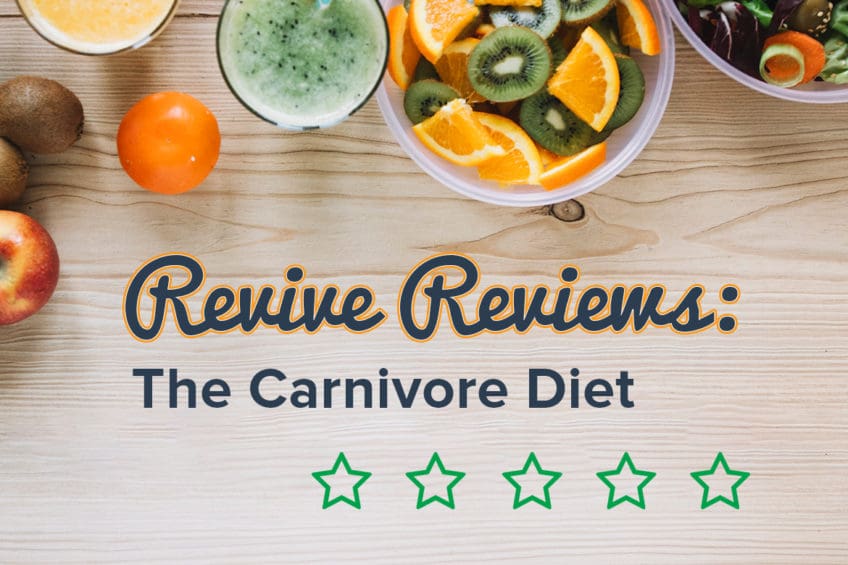The Carnivore Diet Reviewed by a Dietitian
What Is It?
If you’ve been following the keto trend over the last little while, I’m sure you aren’t surprised to see another diet out there that demonizes any form of carbohydrates. The carnivore diet, also known as the “zero-carb diet”, is more extreme than the ketogenic diet, as it places a focus on eating only animal-based products. There is a focus placed on getting your needs from fat and protein in both diets, but the carnivore diet basically includes no plant-based foods. The purpose of this diet is to “improve nutrition and health”.
The Claims
Advocates of the carnivore diet claim that it is “a fastlane to a healthy physique” and “regardless of your weight, fitness or health, this plan will drastically improve your health”. The diet also promotes that it can reverse or cure chronic diseases.
Concerns with the Carnivore Diet
- First and foremost, the quick fix, cure all mentality is written all over this diet, which puts up giant red flags for me. The “evidence” available to support this diet is purely anecdotal and is based primarily on the achievements of Dr. Shawn Baker, who is an orthopedic surgeon that advocates for this diet. He had his license to practice medicine revoked in 2017.
- Second, we have no evidence to suggest that the carnivore diet is actually good for anyone’s health, physically or mentally. Given that the basis is “zero-carb”, this would mean no fruit, vegetables, pulses, nuts or seeds, grains or any other starches. What we must remember is that along with the carbohydrates found in these foods, there is also a host of vitamins, minerals and fibre. There is more evidence to suggest the importance of including a variety of foods in our routine to support health instead of focusing on one food group.
- The nutritional aspect of food is just one way that we can look at it. Food is meant to be enjoyed and is included in many aspects of our daily lives. Imagine how difficult it would be to go out to eat with friends, to sit down for a meal with your family, or to simply not eat some of the foods that bring you personal satisfaction and enjoyment. We are living in a society that has an obsession around finding what to eat/what not to eat but trying restrictive diets will only lead to feeling deprived and isolated.
The Bottom Line
When it comes to making decisions about your own health, remember that just because something appears to have “worked” for someone else, it doesn’t mean that it will work for you. Look for solid scientific evidence and consider how something would affect all aspects of your health: physical, psychological and emotional.
Ready to Ditch the Diet for Good?

